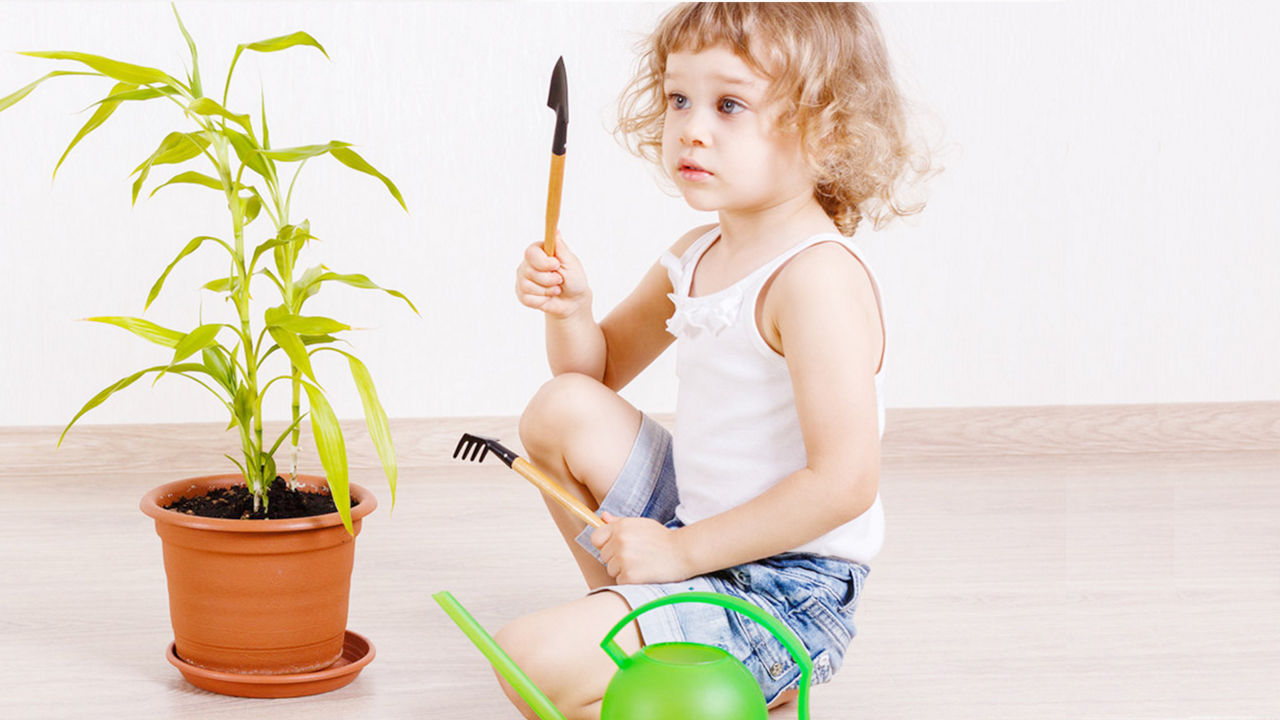Breastmilk is the best for babies. The World Health Organisation recommends exclusive breastfeeding for the first six months of life. Unnecessary introduction of bottle feeding or other food and drinks will have a negative impact on breastfeeding. After six months of age, infants should receive age-appropriate foods while breastfeeding continues for up to two years of age or beyond. Consult your doctor before deciding to use infant formula or if you have difficulty breastfeeding.
What your child learns
The physical growth of your child slows down when it reaches the 2nd year of life. However, his mental and emotional skills will grow significantly now as it recognizes itself in the mirror and understands the concept of “I”. You can pat some cream on the face of your child’s nose or cheek, but make sure that it is not facing a mirror to detect the progress of your child, on whether it will be able to find or wipe the spots on its face.
What your child needs
Sugar is particularly unhealthy as it dissolves in the mouth and sticks to the teeth. Lollipops, caramels and toffees are included in the category of sweet/ sugary food. They form an ideal breeding ground for the dental caries and it is recommended to provide sugar with valuable ingredients instead of being in the form of sweets. Some parents do give their children dried fruits instead of candies as these foods contain nutrients that are important for a growing child.
Our AptaAdvantage Tip
Milk is still important in the diet of your toddler. Milk still supplies many nutrients that are important for his healthy growth even though he is eating three meals a day now. You can give it special children’s milk with essential nutrients like Vitamin D and Iodine if your child is a “poor eater”.

Connect with our team of experts
We provide advice and support for you on your parenthood journey



